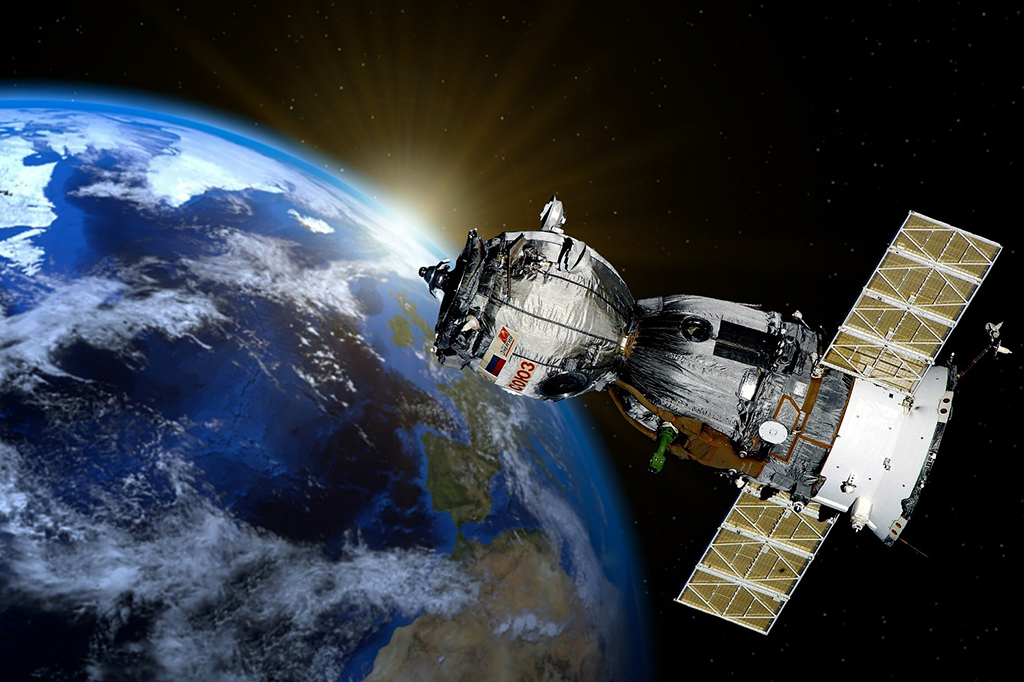justineanweiler.com – Space technology has long been a beacon of human innovation, driving advancements that extend far beyond the bounds of our planet. From satellite communications to space exploration, the technologies developed for and by the space industry have revolutionized how we live, work, and understand our universe. As we stand on the threshold of a new era in space exploration, it is worth examining the transformative impact of space technology on society and its potential to shape the future.
Advancements in Communication and Connectivity
One of the most significant contributions of space technology is the development of satellite systems, which have dramatically improved global communication. Satellite networks provide internet access to remote and underserved areas, bridging the digital divide and fostering global connectivity. Innovations such as Starlink and OneWeb aim to create a world where even the most isolated communities can access high-speed internet, enabling education, healthcare, and economic opportunities.
Moreover, space-based systems are integral to modern telecommunications, broadcasting, and navigation. Technologies like the Global Positioning System (GPS) and its counterparts have become indispensable for navigation, agriculture, logistics, and disaster management.
Earth Observation and Climate Monitoring
Satellites equipped with advanced sensors play a crucial role in monitoring Earth’s environment. They provide critical data on climate change, deforestation, ocean health, and natural disasters. By analyzing this data, scientists and policymakers can better understand environmental changes and develop strategies to mitigate their effects.
For instance, satellite imagery aids in tracking wildfires, hurricanes, and other natural disasters, enabling faster response times and minimizing damage. Programs like Copernicus, led by the European Space Agency (ESA), exemplify how space technology can contribute to global sustainability.
Exploration and the Search for Life
Space exploration has always been at the forefront of technological progress. Missions to the Moon, Mars, and beyond have not only expanded our knowledge of the cosmos but also spurred innovation in robotics, materials science, and artificial intelligence.
The search for extraterrestrial life remains a compelling objective. Projects like NASA’s Perseverance rover on Mars and the James Webb Space Telescope aim to uncover clues about the origins of life and the possibility of habitable worlds beyond Earth. These endeavors inspire humanity to think beyond our planetary boundaries and ponder the profound questions of existence.
Economic and Industrial Opportunities
The commercialization of space has opened up new economic frontiers. Companies like SpaceX, Blue Origin, and Rocket Lab are transforming space into a viable business sector. From launching satellites to developing space tourism, these enterprises are lowering the cost of access to space and paving the way for a thriving space economy.
Additionally, the prospect of asteroid mining and resource extraction from celestial bodies holds immense potential. Rare metals and minerals found in asteroids could address resource scarcity on Earth and support future space colonies.
Challenges and Ethical Considerations
While the possibilities of space technology are vast, they come with challenges. Space debris, or “space junk,” poses risks to satellites and crewed missions. Efforts to mitigate this issue, such as active debris removal technologies, are essential to ensure the sustainability of space activities.
Ethical concerns also arise regarding the militarization of space, equitable access to space resources, and the environmental impact of rocket launches. As space becomes increasingly accessible, international collaboration and regulation will be vital to address these issues.
The Future of Space Technology
The future of space technology is as boundless as space itself. Emerging innovations such as advanced propulsion systems, quantum communications, and autonomous spacecraft promise to revolutionize how we explore and utilize space. Ambitious initiatives like NASA’s Artemis program, which aims to establish a sustainable human presence on the Moon, and plans for manned missions to Mars underscore humanity’s commitment to pushing the boundaries of exploration.
Space technology has proven to be a catalyst for progress, offering solutions to global challenges and inspiring a sense of wonder and possibility. As we continue to explore the cosmos, the technologies developed for these endeavors will undoubtedly shape the future of life on Earth and beyond.





